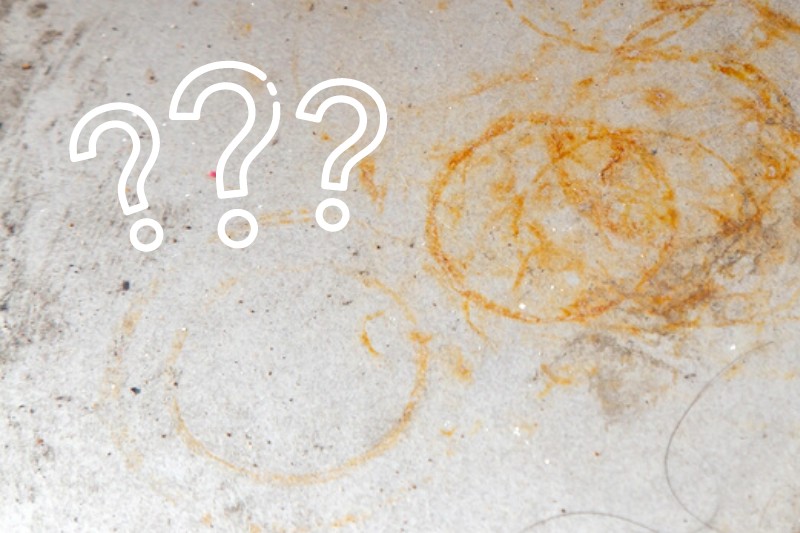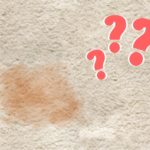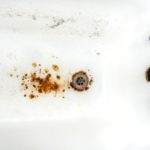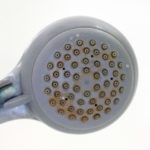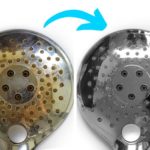Marble is a popular (and expensive) material for flooring and worktops. Due to its cost and appearance, it’s vital to know how to clean it properly without causing damage. This is often the case for something like rust, which can be a difficult stain to remove from any material.
So, what is the best option for how to remove rust stains from marble? Let’s take a look.
Are Stains on Marble Permanent?
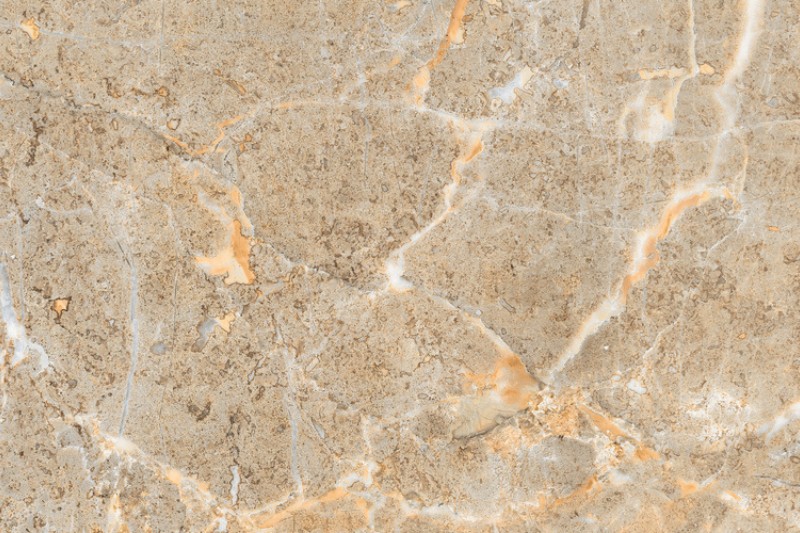
The first thing to mention is that there’s a risk any rust stains on your marble could be permanent.
Marble is a soft and porous stone, meaning stains can mark it easily. If they’re not dealt with quickly, they’ll leave a permanent mark.
As such, it’s best to try and remove any rust stains as soon as you notice them. However, this isn’t always possible and, even if it is, the stain might leave a mark.
If this happens, the next step will be to contact a professional marble refinisher. They’ll have all the necessary equipment and products to clean marble without damaging it.
How to Remove Rust Stains from Marble
Because it’s soft and porous, you need to be very careful with how you clean marble.
You shouldn’t use any acids (vinegar, lemon juice), abrasive products (bicarbonate of soda) or harsh chemicals (bleach). This doesn’t leave us with many options for removing rust stains from marble.
Method 1: Marble cleaner
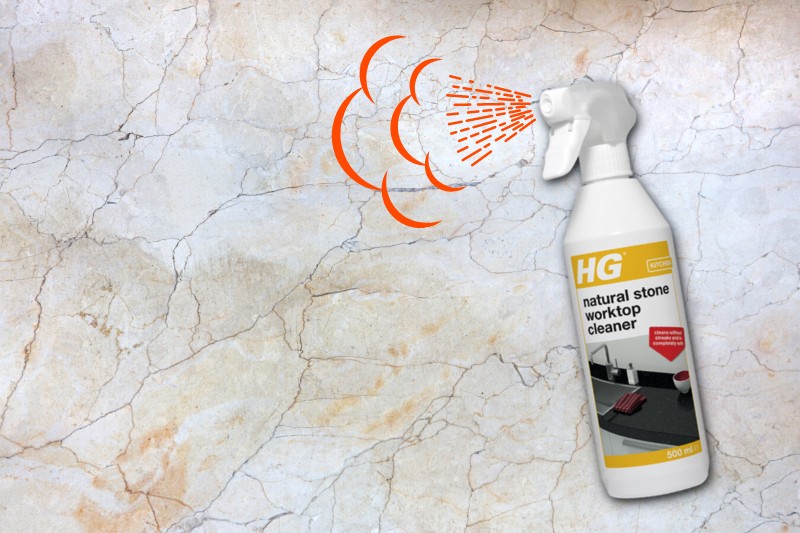
Your first option should be a dedicated marble cleaner, such as HG Natural Stone Cleaner. Products like this are formulated to lift marks without damaging the stone, so it should be able to lift some of the rust stain.
Simply follow the instructions on the product. You might need a few applications to lift a rust stain. Also, because these cleaners aren’t as strong as conventional stain removers, they might not completely lift engrained rust marks.
Method 2: Hydrogen peroxide poultice
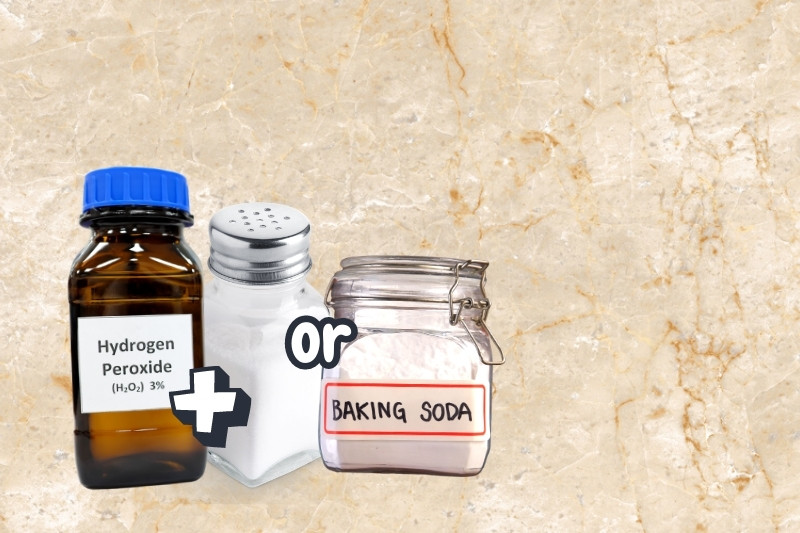
A poultice is a thick mixture that you apply to something and leave to sit. It’s worth trying for rust stains on marble because it doesn’t involve much scrubbing.
Start with a 50/50 mix of hydrogen peroxide and salt. You can replace the salt with bicarbonate of soda, as that may help draw out the stain.
Mix the ingredients together into a thick paste with the consistency of peanut butter.
Apply some to the stain and cover with some cling film. Leave it to sit for up to 48 hours and then wipe away. You might need to do it more than once to completely lift the stain.
Method 3: Washing-up liquid and elbow grease
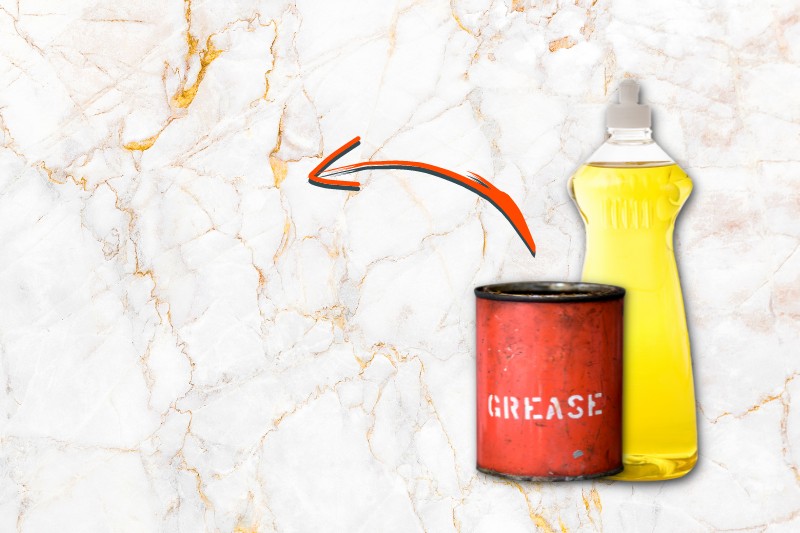
Perhaps one of the gentlest ways to remove a minor rust stain from marble is to use washing-up liquid.
Mix a small squirt with a jug of hot water and scrub the stain with a non-abrasive washing-up sponge.
Because washing-up liquid doesn’t contain particularly powerful cleaning agents, this’ll only work on minor stains.
Method 4: Nail varnish remover
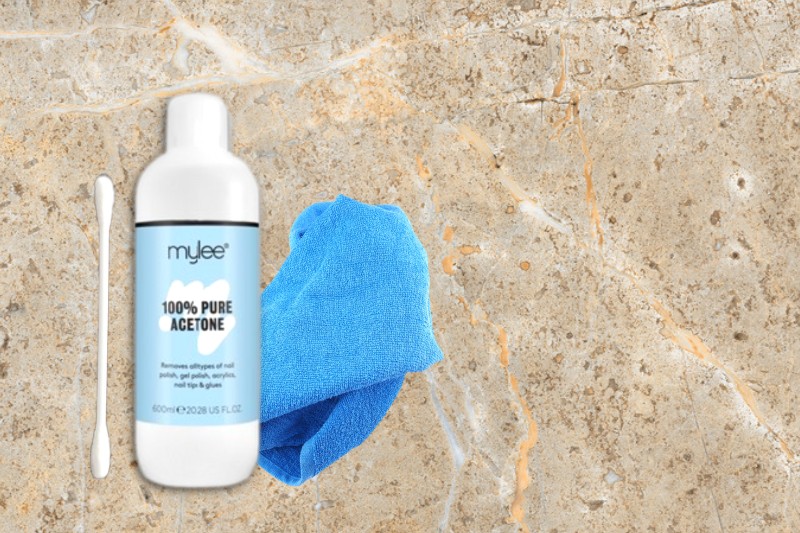
Acetone (nail varnish remover) can help to remove stains on marble. If you’re cleaning light-coloured marble, use a product that doesn’t contain any colourings.
You’d be best using pure acetone, such as Mylee’s Pure Acetone rather than nail varnish remover.
Apply it to the stain with a cotton bud or clean cloth and leave it for 10 minutes or so. Wipe it away with a different cloth. You might need to repeat it a few times to get results.
How to Prevent Rust Stains on Marble
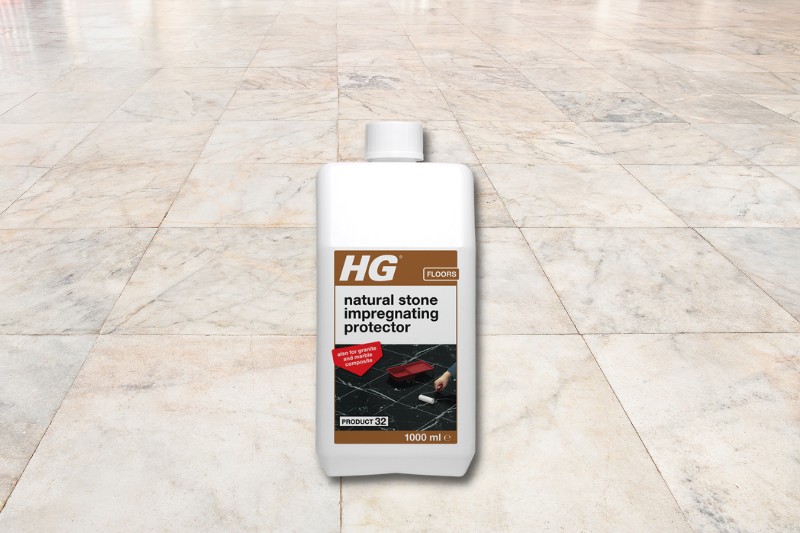
Rust stains on marble are most common around sinks or when iron objects come into contact with marble flooring.
The stone’s porosity means stains can stick easily, and they can be almost impossible to remove if left for too long.
As with most things in life, the best treatment is prevention. Generally, marble surfaces will be sealed, but this sealant wears off over time.
You’ll want to reseal your marble every year using something like HG Natural Stone Impregnating Protector.
This, and similar products, basically fill in the gaps inside the marble, reducing its porosity. Doing so means it’s harder for stains to stick, so something like a bit of rust should wipe away far more easily.
Final Thoughts
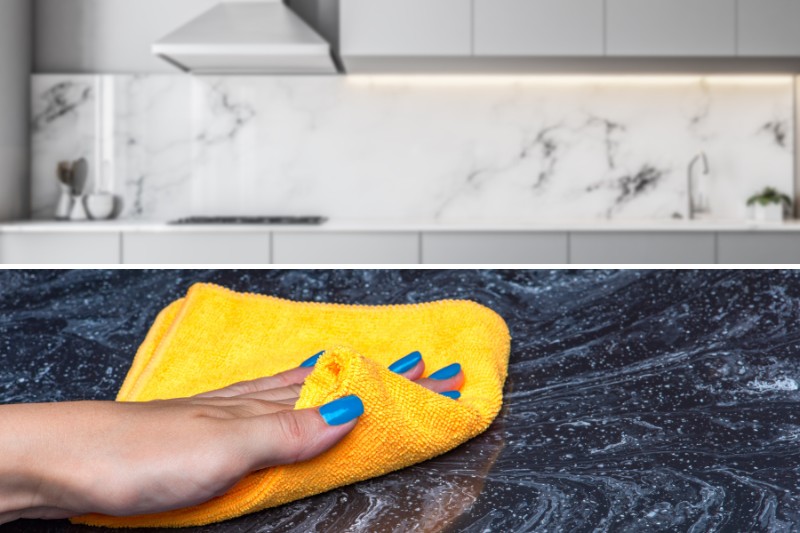
Marble is a difficult material to lift stains from. Both light- and dark-coloured marble can be discoloured by harsh cleaning products, and the surface can be etched if you use anything too abrasive.
As such, you’ll want to use gentle cleaning products and work in stages. However, if you’re not able to make any difference yourself, consider hiring a professional marble cleaner instead. It might be pricey, but it’ll be far cheaper than installing a new marble worktop!

Jacob is a writer based in Wales, where he lives with his partner and two dogs. All his work is fuelled by extensive research and buckets of coffee.
